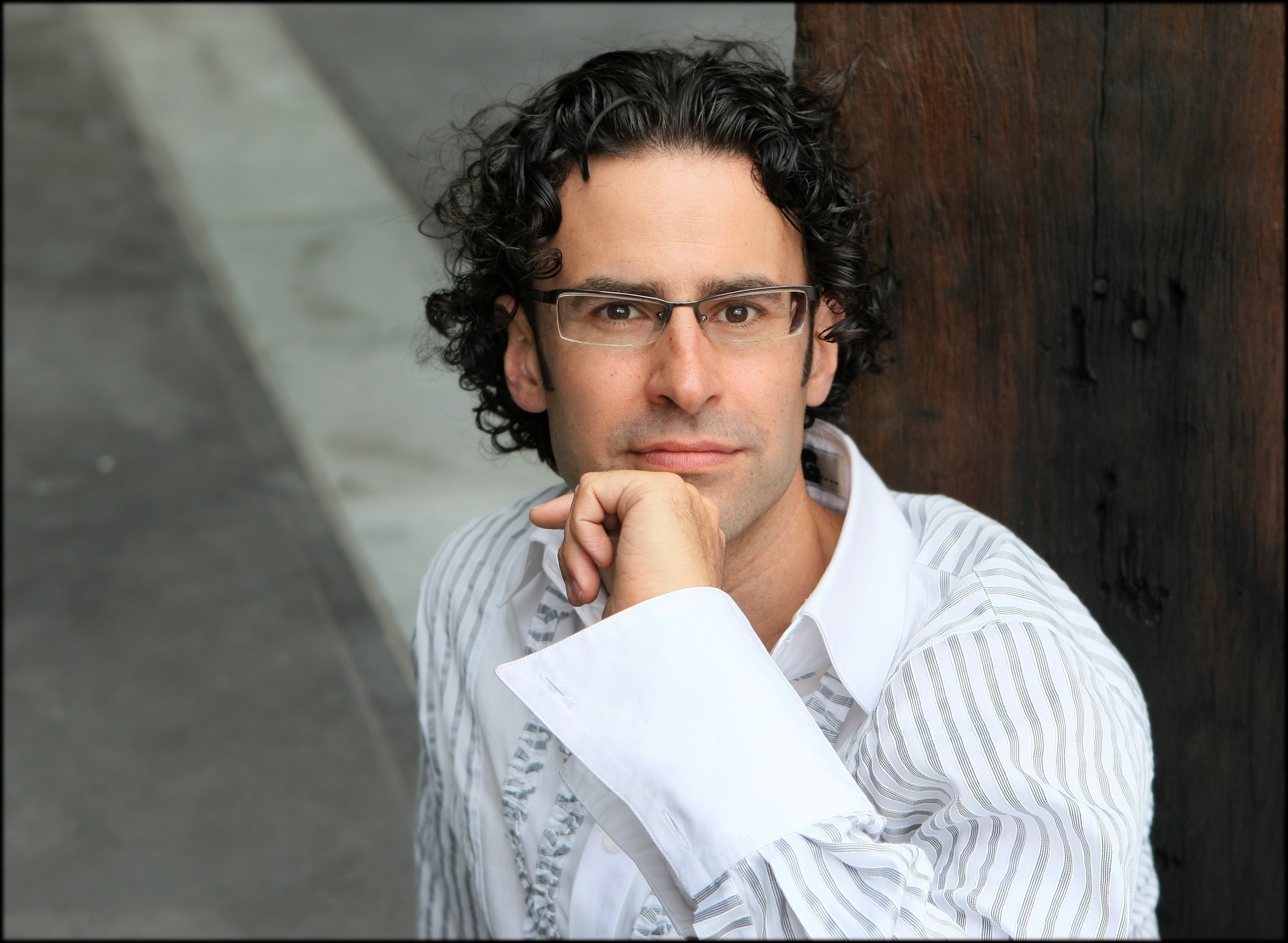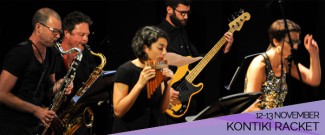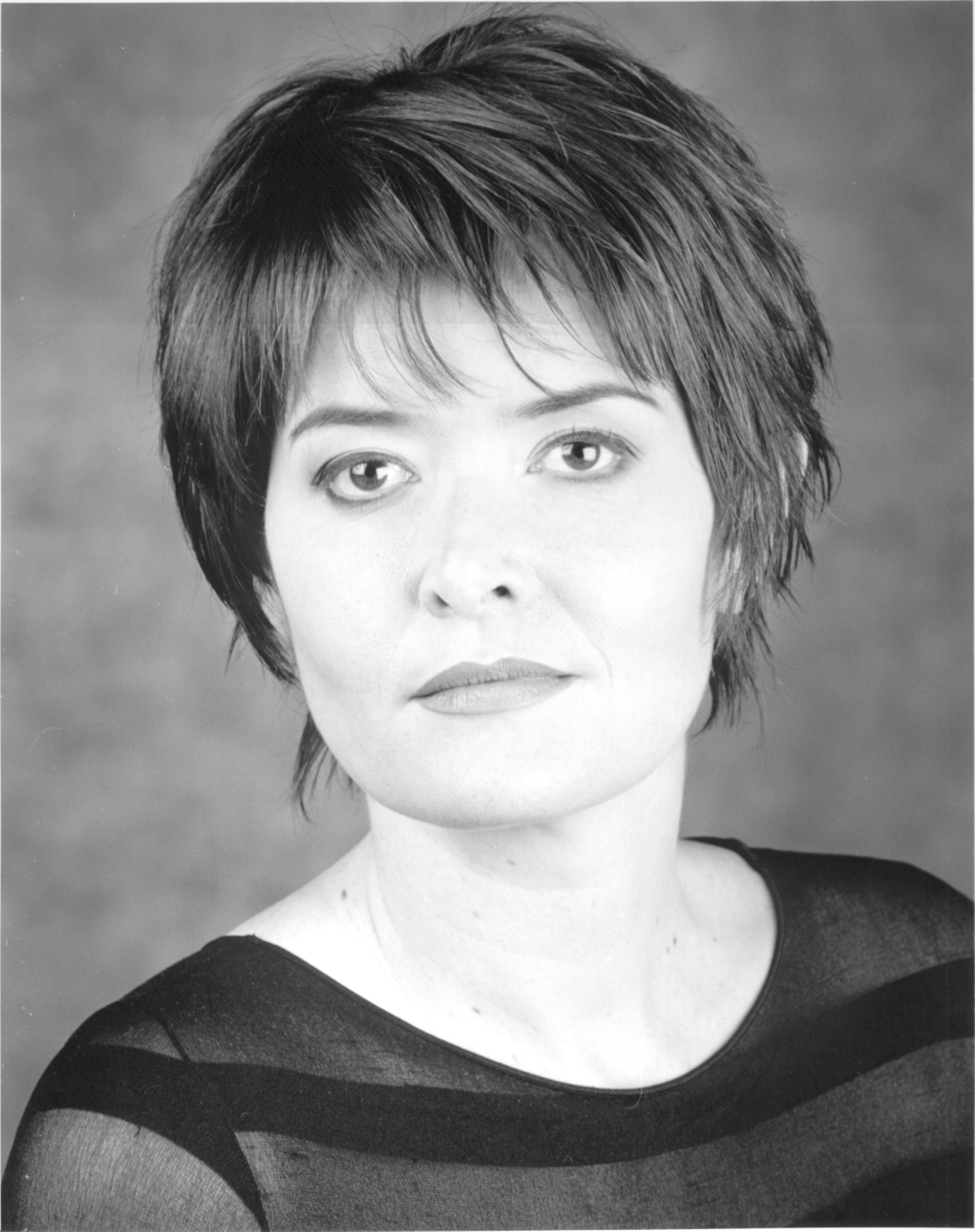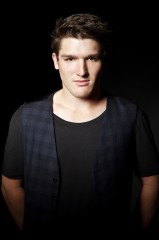Monteverdi meets the marimba
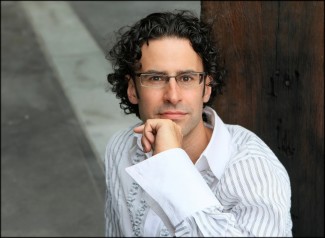
When Synergy Percussion under its Artistic Director Timothy Constable presents Masterpieces of Time, later this August, some of the music performed will pre-date by centuries, the instruments on which it will be performed. Herr Bach, Monsieur Couperin and Mr Handel will meet the marimba, vibraphones, bells, gongs, mechanical music boxes, prepared piano and steel drums. It doesn’t make the original versions obsolete, but keeps the music alive by giving it a new alternative guise.
Joining the ensemble in this performance, is counter-tenor Tobias Cole. Together, they will re-invent two works by Monteverdi, Possente Spirto from l’Orfeo, and Zefiro Torna, a madrigal written some years later. The aria from l’Orfeo is usually sung by a tenor and has been transposed for Cole.
Speaking in Sydney to SoundsLikeSydney, Tobias Cole is excited about the collaboration which is a novel experience for him. “I’ve worked with vocal beat-box artistes and I’ve sung modern music with percussion ensembles; and the piano is, strictly speaking, a percussion instrument. But, I’ve never before sung early music that’s been arranged for percussion. I love the idea of the percussion instruments because they bring such clarity and rhythm to this music which relies on a combination of dance and speech rhythms. I’ve admired the work of Timothy Constable and Synergy Percussion and it is an exceptional opportunity to work with them and re-work early music in this way.”
He continues, drawing parallels between playing percussion and singing. ” You see the rhythm going through his (Timothy Constable’s) body in preparation for the down beat. You can feel his momentum and the ebb and flow of the pulse. It’s like a singer preparing to breathe in before making a sound. There is this wonderful moment of anticipation. Our positioning on stage will be very carefully considered in terms of being in visual contact with each other so we can understand where the rhythms are.”
In Masterpieces of Time, Cole will share the stage with the entire percussion ensemble, in marked contrast to when he sings opera and the orchestra is tucked away in the pit, or when he sings in recital where the voice is more evenly balanced with the piano. He acknowledges that in absolute terms, the percussion could be louder than the voice. Regardless, his voice will not be amplified. “We each have our own frequencies, harmonics and colour. In l’Orfeo, I sing a very individual part, not competing with any instruments. Timothy (Constable) is doing the bass continuo on marimba and there’s an atmosphere being created in which I am allowed to be rhetorical and to sing my line. The vibraphone echoes what I sing – much like a concertante and ripieno with ritornelli. The three lines of the stanza are followed by an echo and then another line. Each line becomes another layer but what we create is sensitive to balance. The instruments are all so big as well, they’re placed all around the stage so the sound doesn’t come from one specific area.”
How will the adaptation for percussion affect the early music aesthetic? Cole observes “There is a distinctive sound that belongs to early music. By re-thinking it for different instruments we can reconsider the music and perhaps give it a new perspective – not just put it into the early music category which is what comes to mind when you hear gut strings and harpsichord. I love the idea of adapting – the marimba can do so much that the traditional early instruments can’t. New sounds and concepts are formed creating new atmospherics. Atmosphere and the sonic experience are a distinctive feature of Synergy’s concerts.”
Tobias Cole started his life in singing early, with his school choir at Newington College and with the Choir of St James’ King Street. “I enjoyed singing treble and wanted to keep singing treble for as long as I could. Then my speaking voice changed but I was still singing treble in my choirs and waiting for the break in my singing voice. It was at about this time that I was told that I was a counter-tenor. I realised that maybe the break had happened without my realising and that my adult singing voice would be high – I was 16 and had a very immature baritone voice, but I was enjoying using the falsetto and I committed to developing fter school I went to London to study for a year. I came back to the University of Sydney and after graduating, returned to London for post-graduate study with that same teacher. ”
The voice is a precious thing. It is important to seek out teachers who are specialists in their knowledge. Learning from a counter-tenor specialist early on was important, however, Cole has since broadened his choice of pedagogue.”I have gone to teachers of all voice types because I believe that singing has commonalities of technique in all voices and I’m interested to hear other peoples’ opinions. ”
Unlike any other voice type, boy trebles need particular care when they reach puberty and lose their treble range. The physical and emotional roller coaster is made dizzier with a perceived loss of identity, peer group and the talent from which they drew their self esteem. Many continue into successful singing careers, others don’t. “Indeed” says Cole, “So much in my life was defined by my role as a treble in my choirs. I was Head Chorister as well – I did think I might lose all of that – my social life and my peer group. I realised it was really important for me to keep singing and it was will power that kept me singing high.”
Tobias Cole will be performing with Synergy Percussion on the 17th August 2012, at 8 pm, at the City Recital Hall, Angel Place, Sydney.
Read more about Masterpieces of Time at:
http://soundslikesydney.com.au/shows/time-travelling-masterpieces-from-synergy-percussion/7789.html
Tobias Cole was interviewed for SoundsLikeSydney by Shamistha de Soysa©

